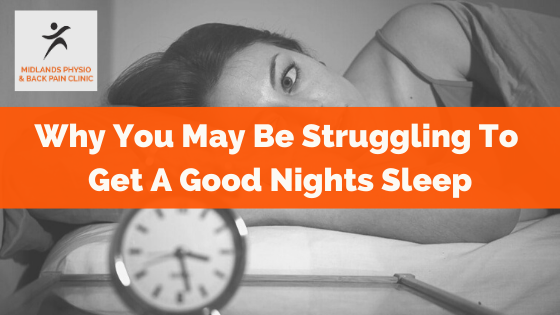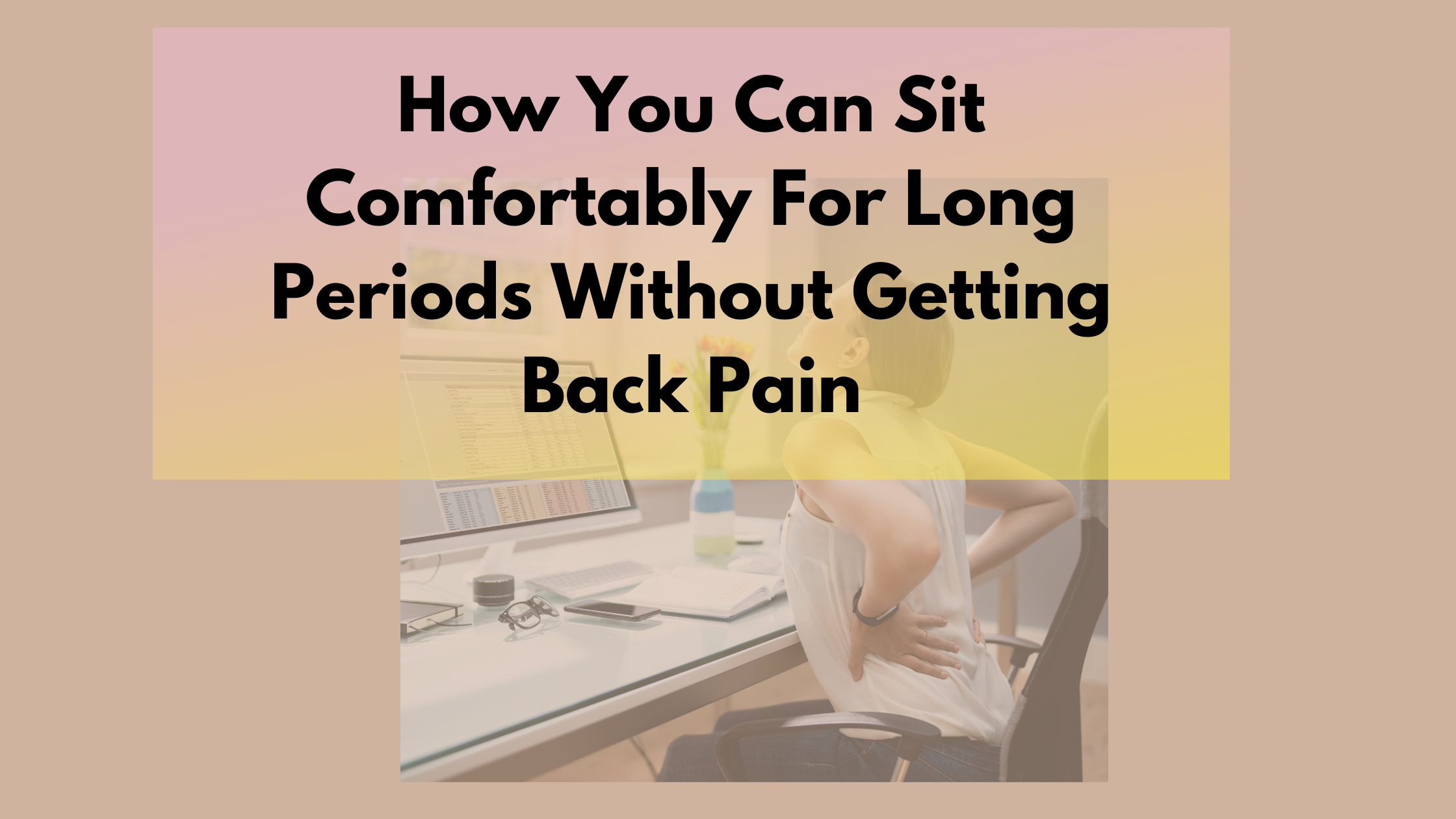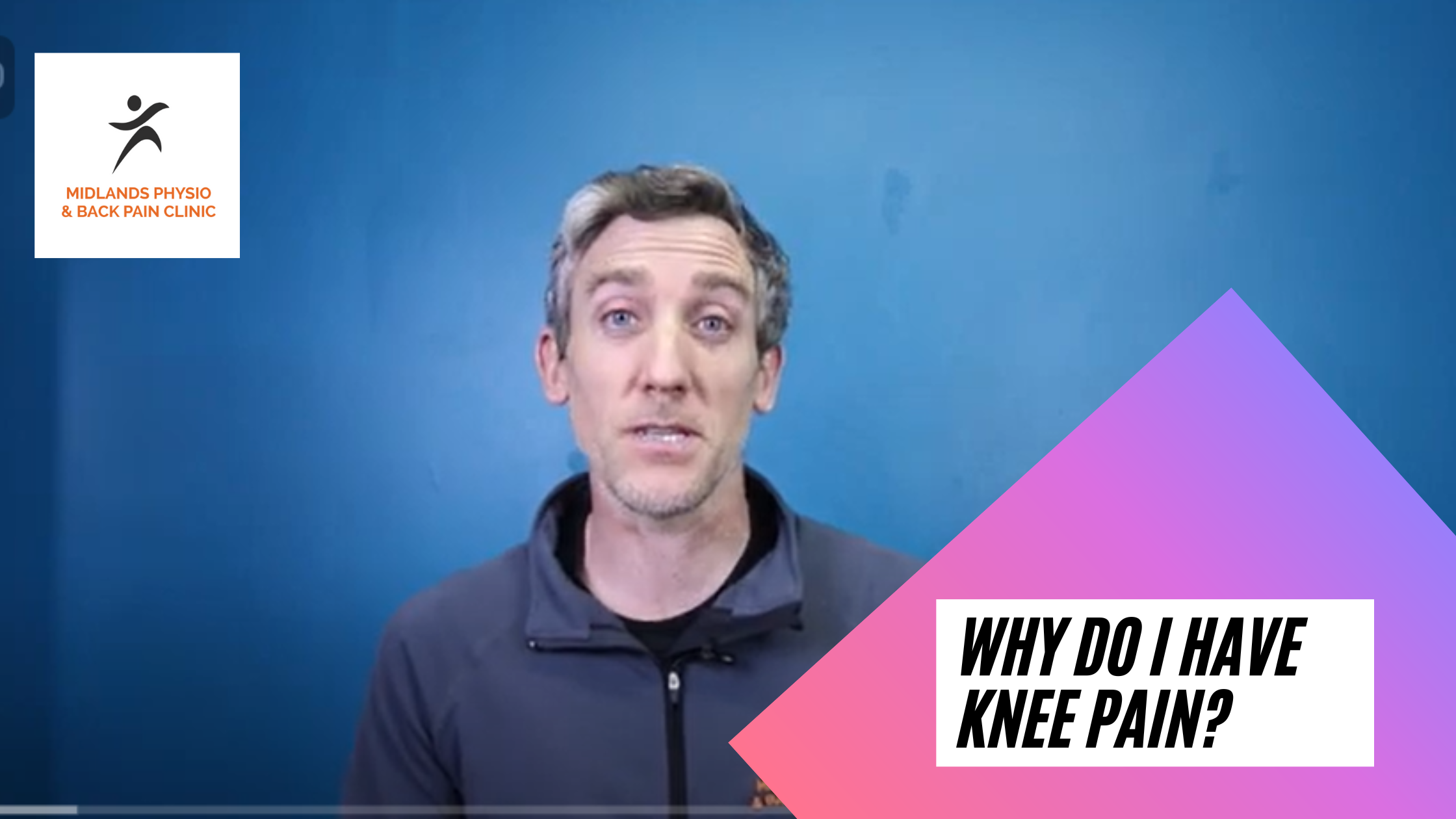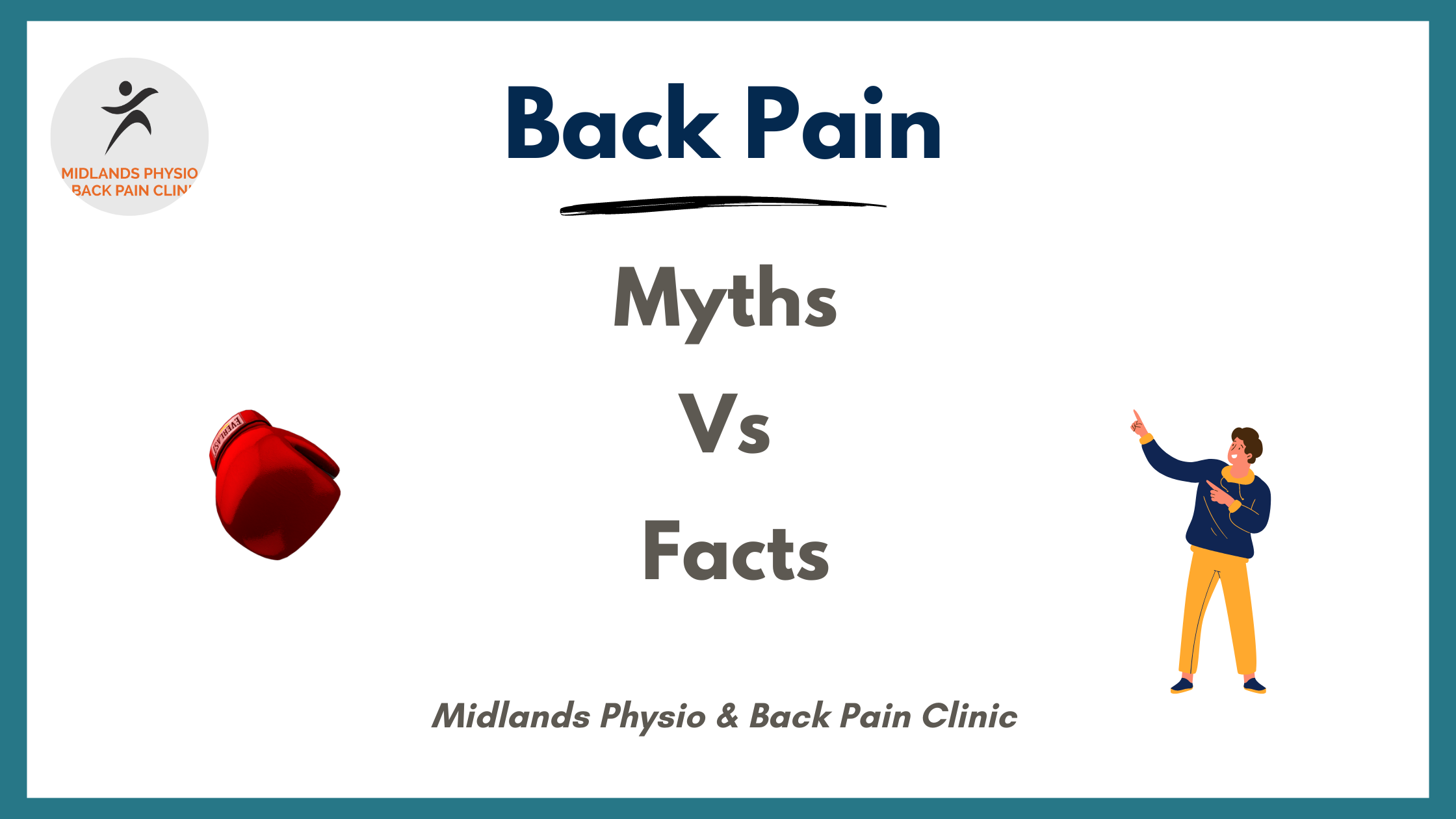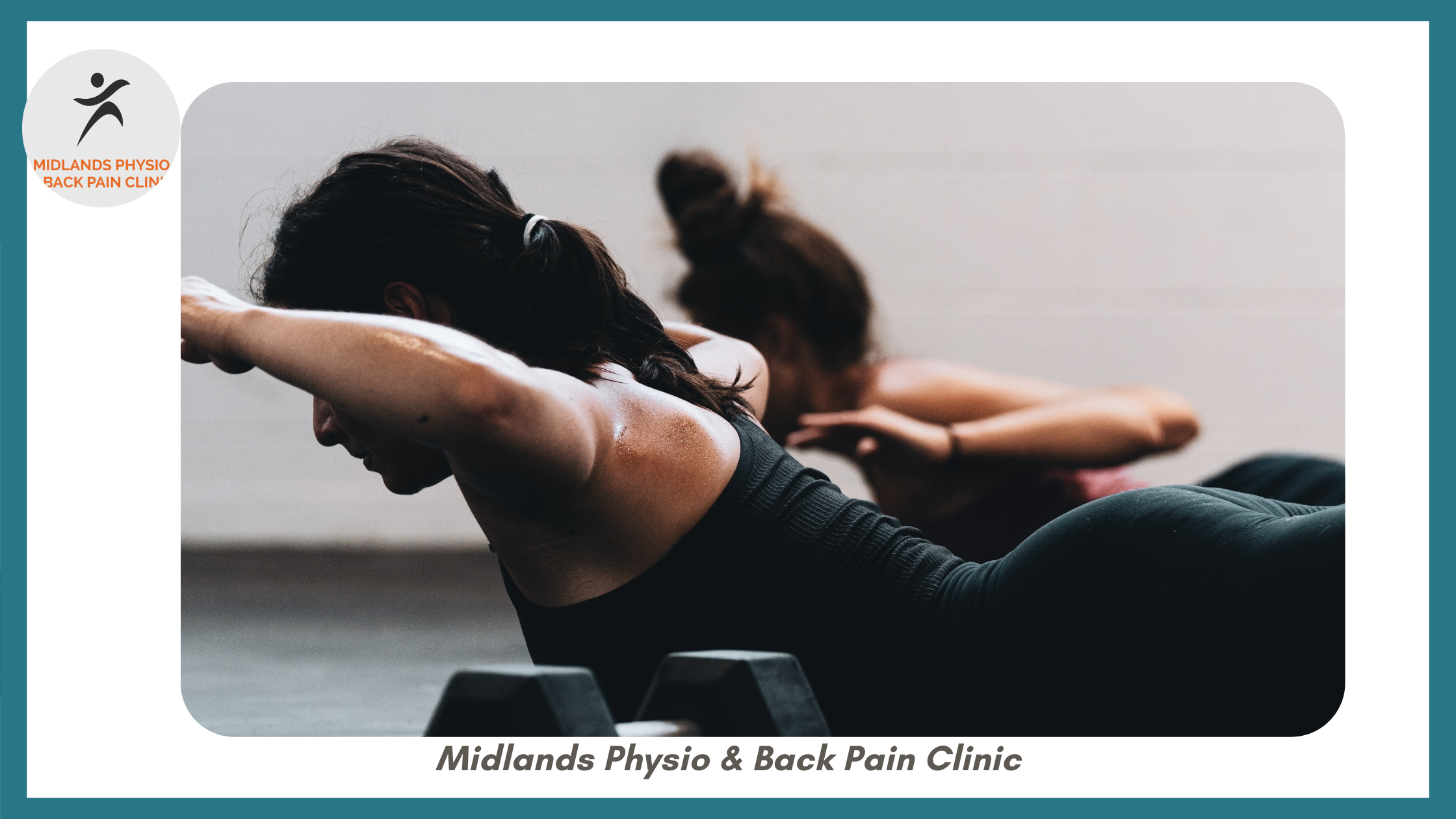Why You May Be Struggling To Get A Good Night Sleep
Welcome to part two of our mini-series on sleep. You can read part one by clicking here. Sleep plays an essential role in maintaining good health and immunity, yet many people struggle to get a good nights sleep.
Researches claim that in first world countries many people are getting 1 -2 hours less sleep than they did 50 years ago. What has changed over the last 50 years?
How we fall asleep.
Lets take a look at how you fall asleep. Without getting too technical, we need to consider your circadian rhythm. This is your bodies’ natural body clock, which closely follows the day/ night cycle of the sun. All physiological processes that occur within your body are influenced by this circadian rhythm such as hunger, energy, body temperature and mood.
There are two processes which bring on sleep. First is the 24 hour cycle of your circadian rhythm. This rises and falls over the course of the day and is responsible for timing the release of hormones that make you feel alert and sleepy. One of these hormones is melatonin which is released soon after dusk and signals to the body that is dark and time to start commencing the event of sleep.
The second big process that brings on sleep is a chemical called adenosine. Adenosine is slowly released into the body over the course of the day and as it builds up, it causes what is known as sleep pressure. A combination of high adenosine levels and a declining circadian rhythm creates the strong desire to fall asleep. The level of adenosine starts to fall during the night and is removed from your brain. By the time morning arrives the combination of no adenosine and the rising of the activity from the circadian rhythm results in you waking up.
A hormone called cortisol, which is responsible for making you more active and alert. is now ready to take over. Cortisol levels continue to rise over the morning and naturally peak around an hour after you wake. After that, they start to fall and continue to decline over the course of the day while your adenosine levels rise and the cycle repeats itself.
How our lifestyle can upset this natural rhythm
There are a number of things that can happen during the day that can affect our circadian rhythm. Let us look at some of the factors that have the biggest influence.
Remember that hormone called cortisol. It naturally peaks an hour after we wake and then start to decline over the course of the day. Cortisol can also get stimulated by the fight or flight stress response. (if you want to learn more on this then click here). Basically, anything that places a stress on your body will result in the release of cortisol. Here are a few common examples in our everyday lives. The news, social media, work stress, diet, exercise, lack of exercise, an overdue bill, discussing household matters, a fight with your loved one.
An increase in cortisol can be fine early in the day but it can make sleep more difficult if it happens in the evening time, when your cortisol levels should naturally be declining. Hopefully you can see how checking your work emails before bed is not the best idea.
Artificial light can also upset your circadian rhythm. Blue light is emitted from LED bulbs, fluorescent bulbs and electronic devices such as televisions, phones, laptops and tablets. Blue light is also emitted by the sun. By staying up late at night watching TV or scrolling through your phone, we are exposing our bodies to a level of blue light that is not in line with the light / dark cycle of your circadian rhythm. This can upset the hormone balance in body and upset the quality of your sleep.
Another important compound in your body that can get influenced is Adenosine. Caffeine sticks to Adenosine and blocks the effect of it. This is fine in the morning when Adenosine levels are low but if we take in the afternoon or evening, when adenosine levels in your body are higher, it can make it difficult to fall asleep. It can take 5 – 7 hours for caffeine to lose 50% of its effects, so you can see how a cup of tea or coffee at 5pm can make it difficult to get to sleep. Your tolerance to caffeine can diminish with age so it good to get an idea of when your caffeine cut off point is.
Conclusion
There are more factors involved such as what time you go to bed and rise at in the morning and we could talk about how certain foods you eat can creasing your cortisol levels but they are beyond the scope of this particular blog.
I do hope that you now have more insight of how your daily lifestyle can be affecting your sleep.In the next blog I am going to give you some easy and manageable tips that you can start to implement immediately to help improve your sleep quality and help you to wake up with more energy and ready to face the day ahead.

